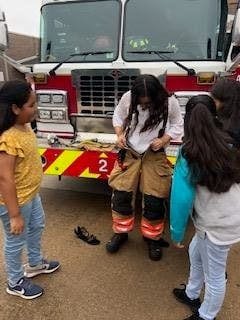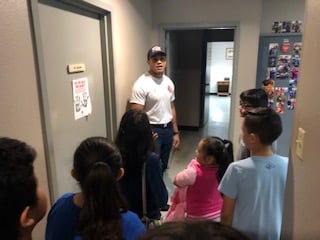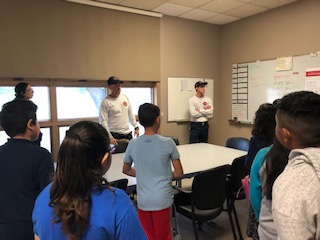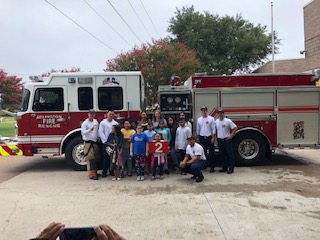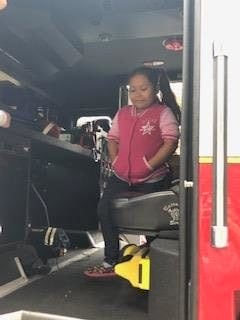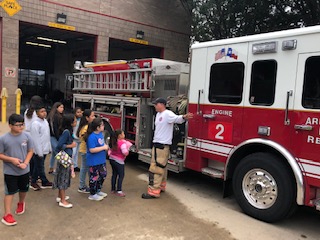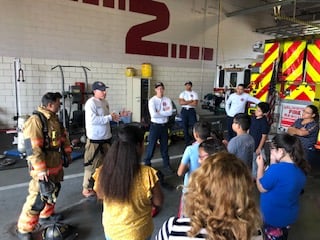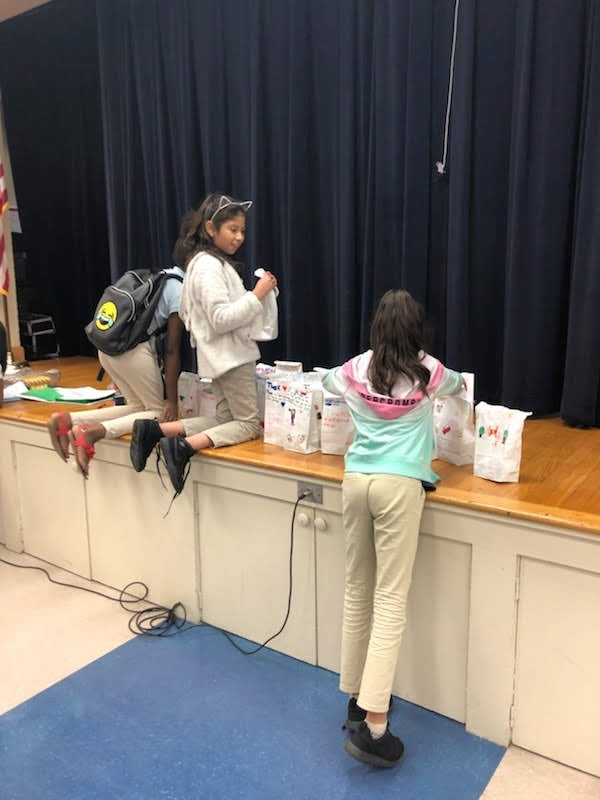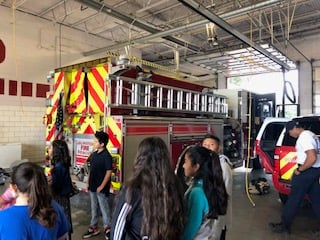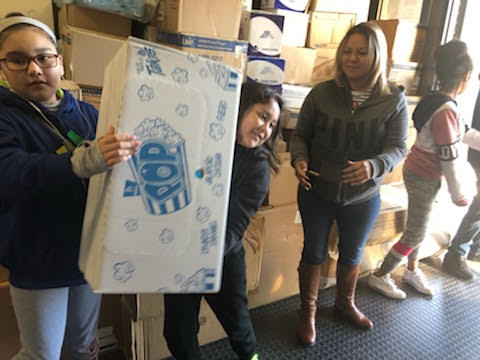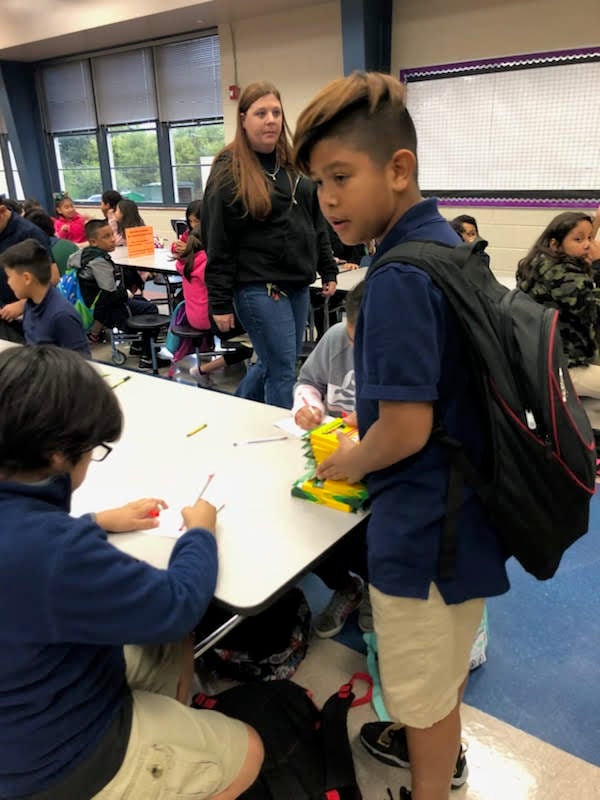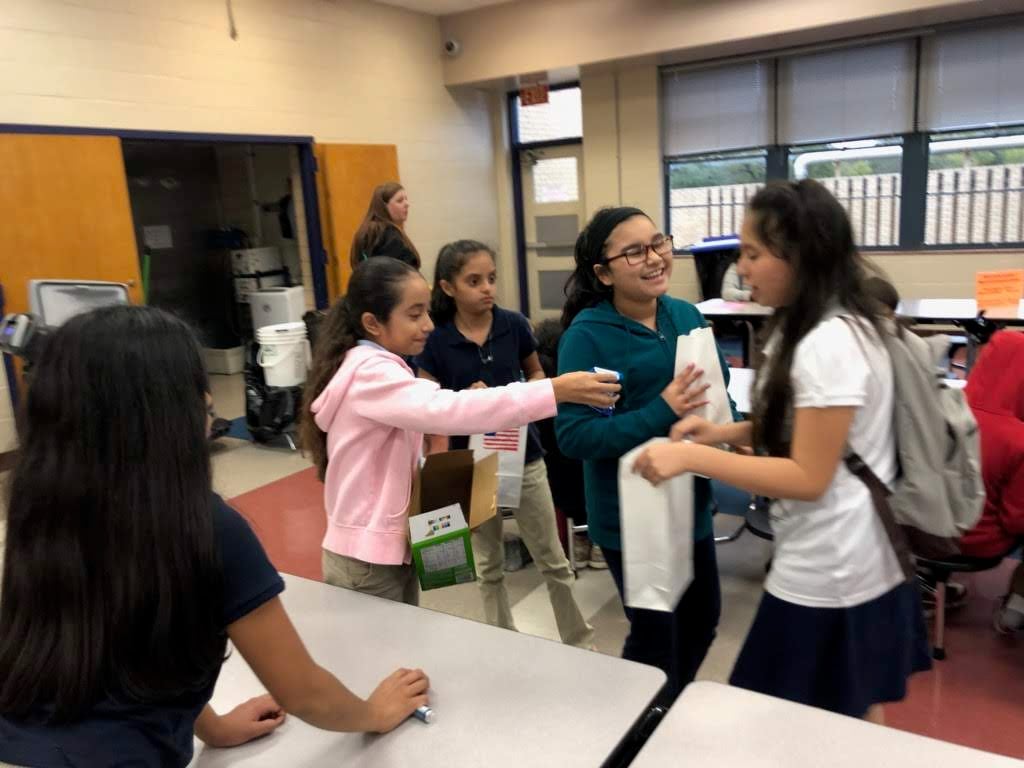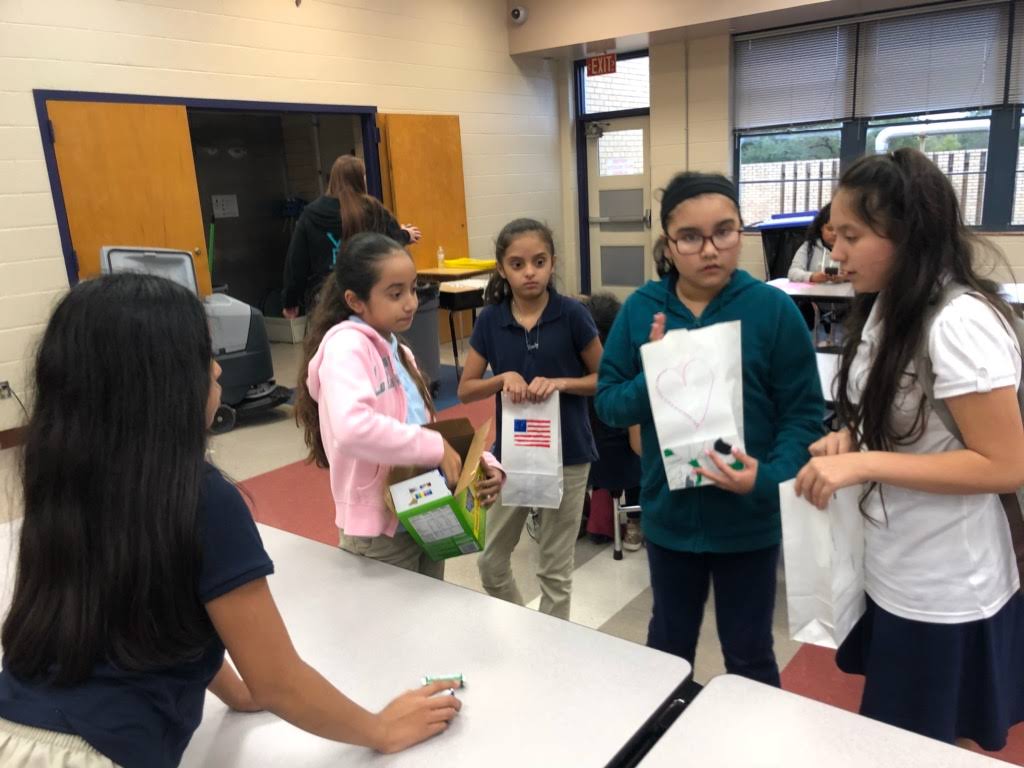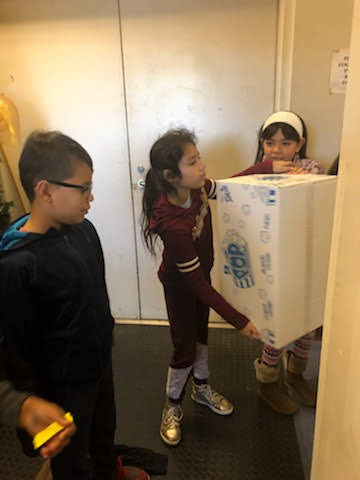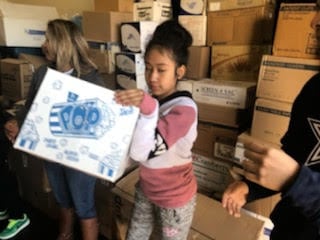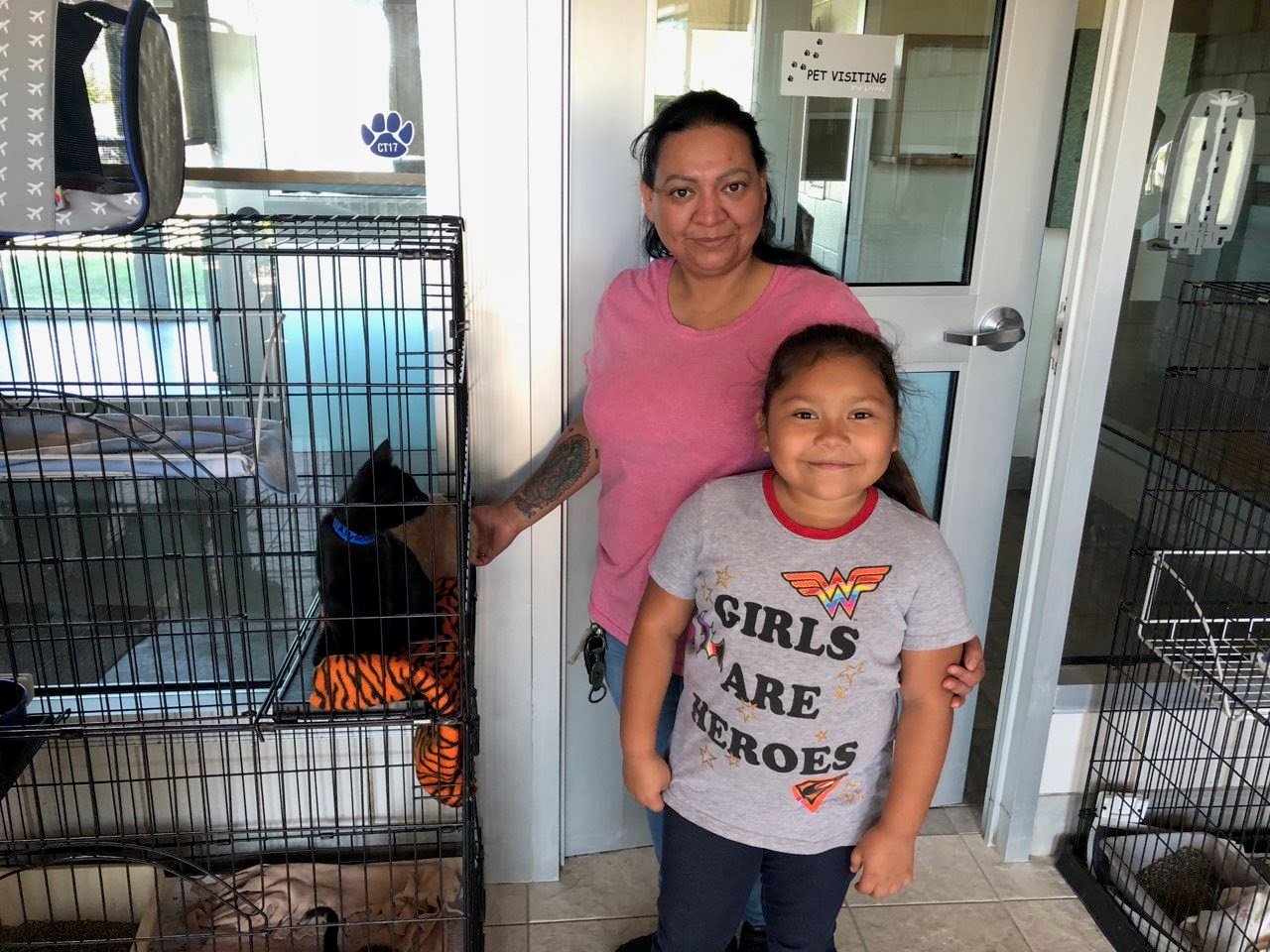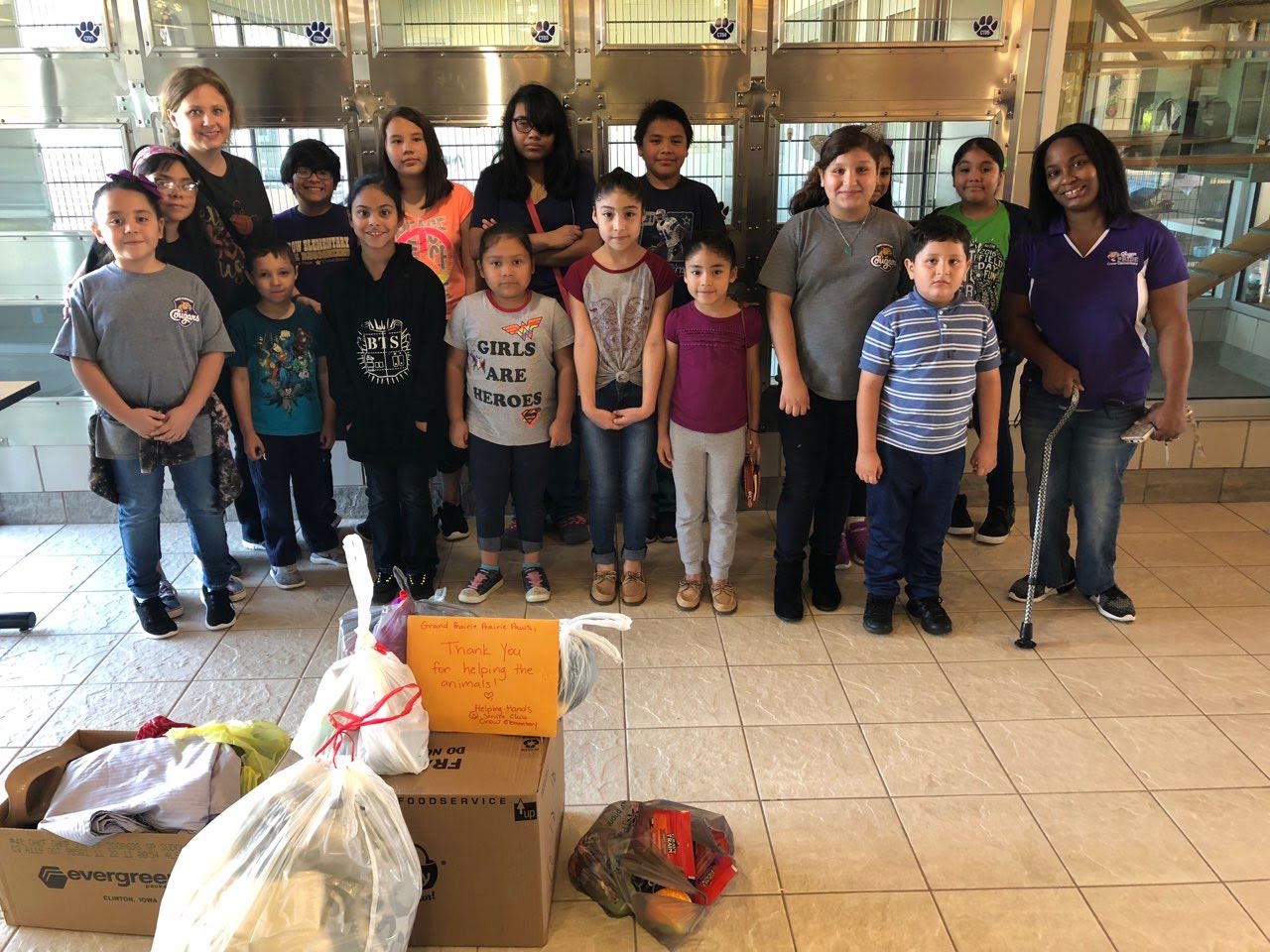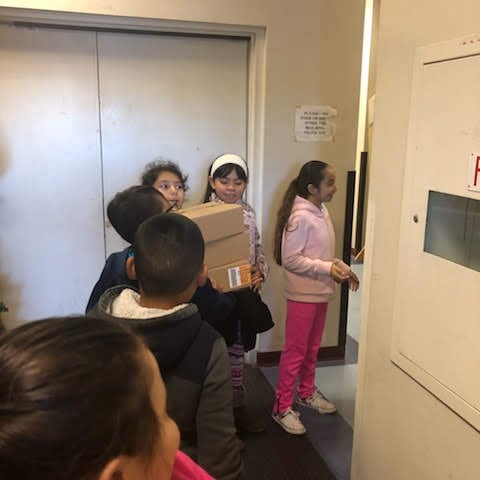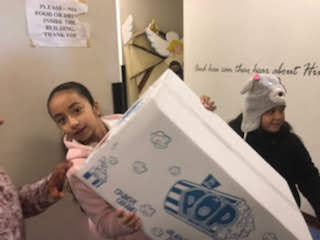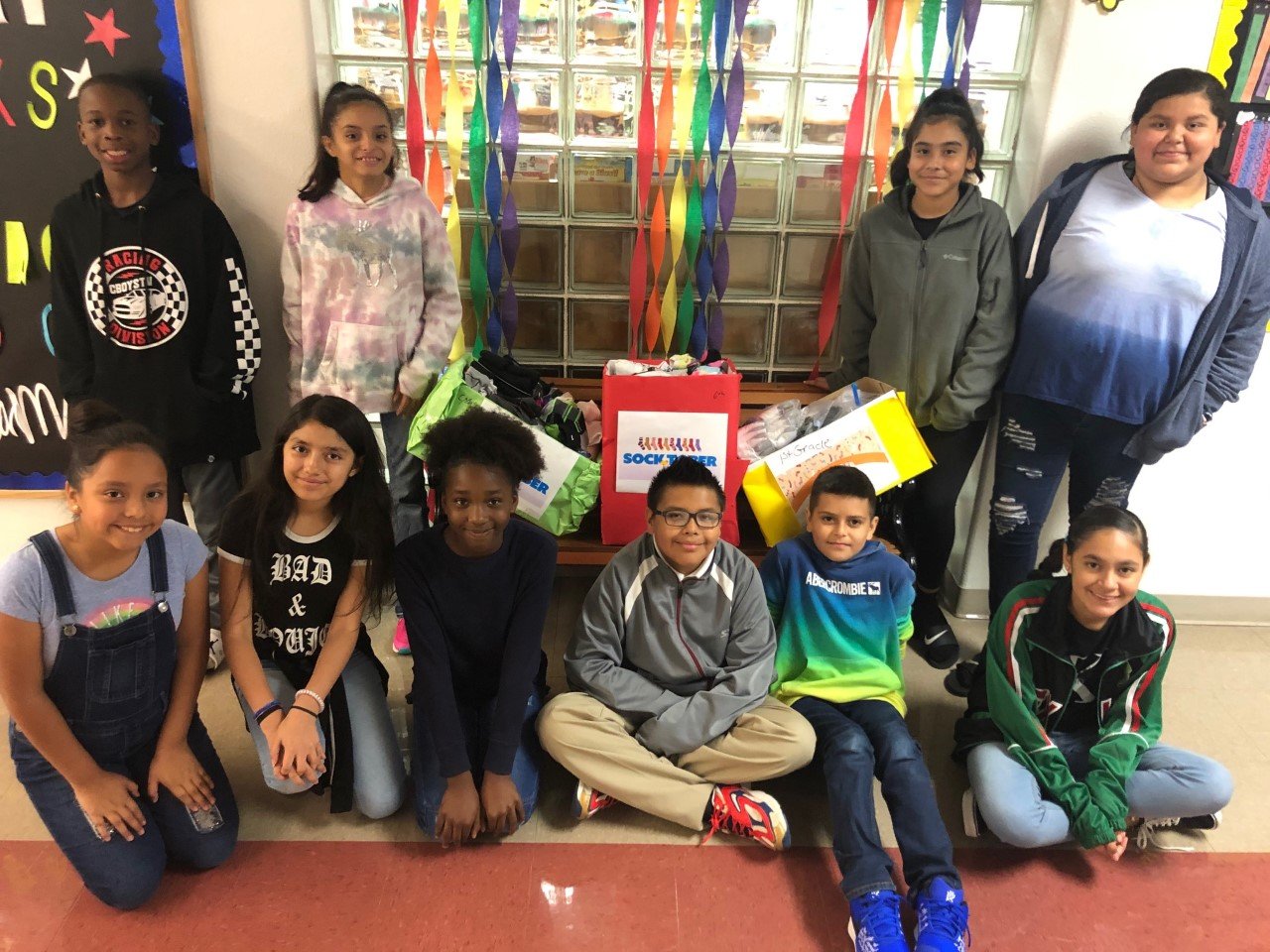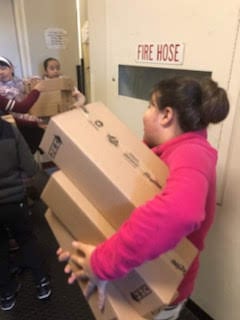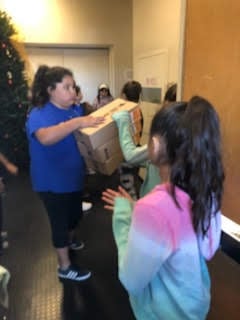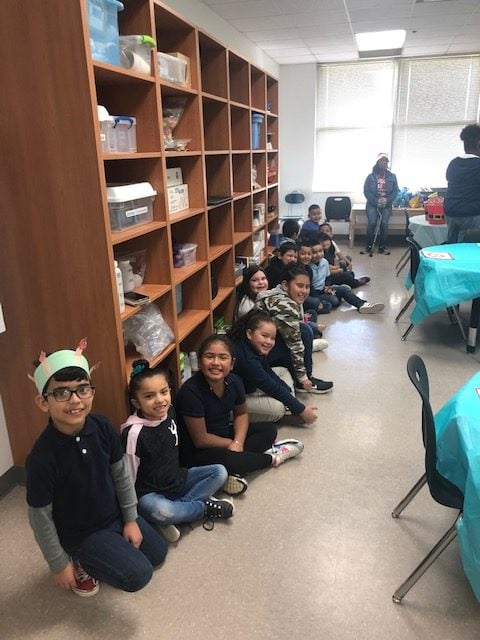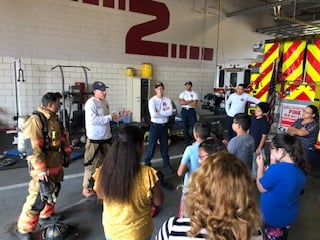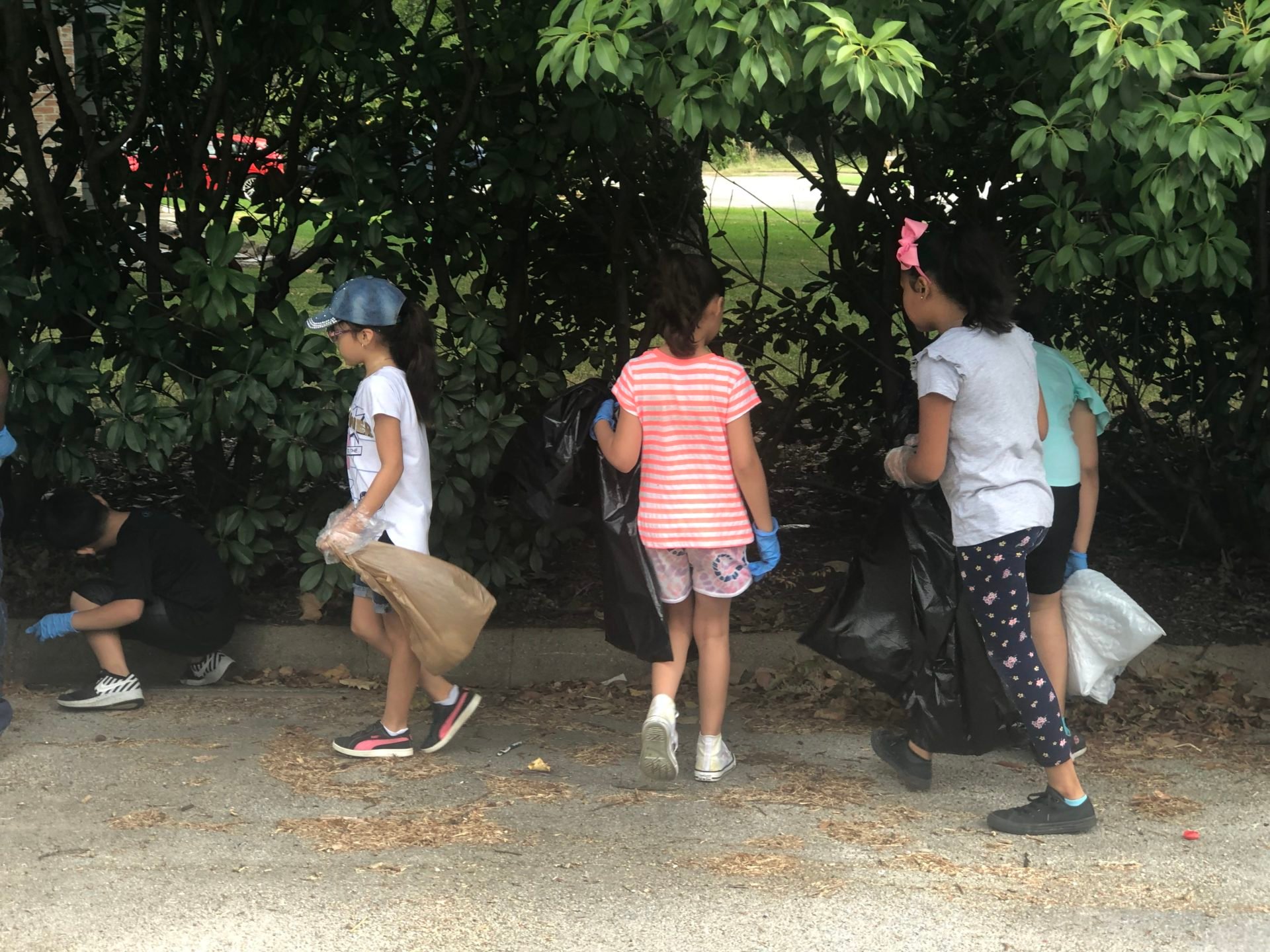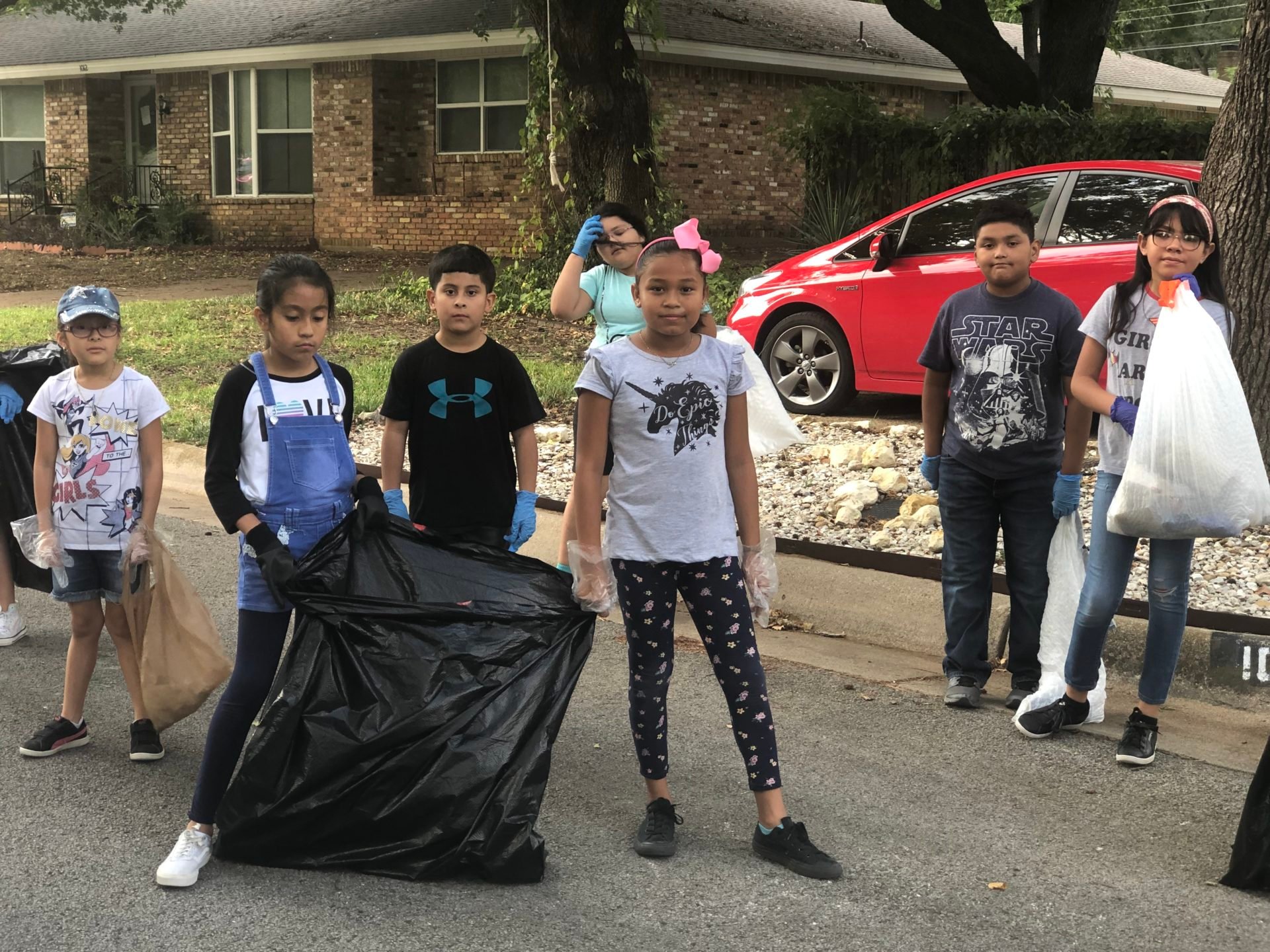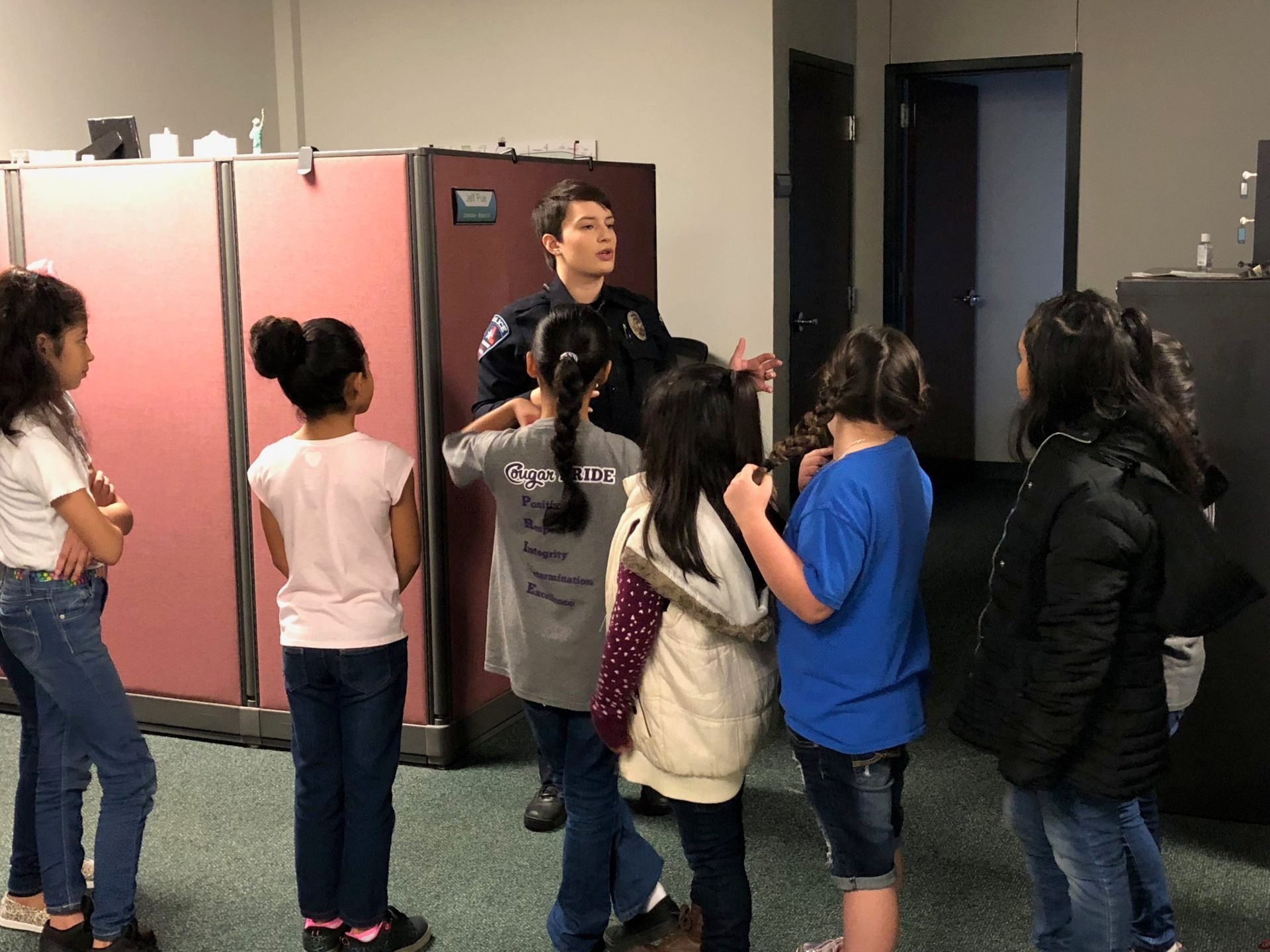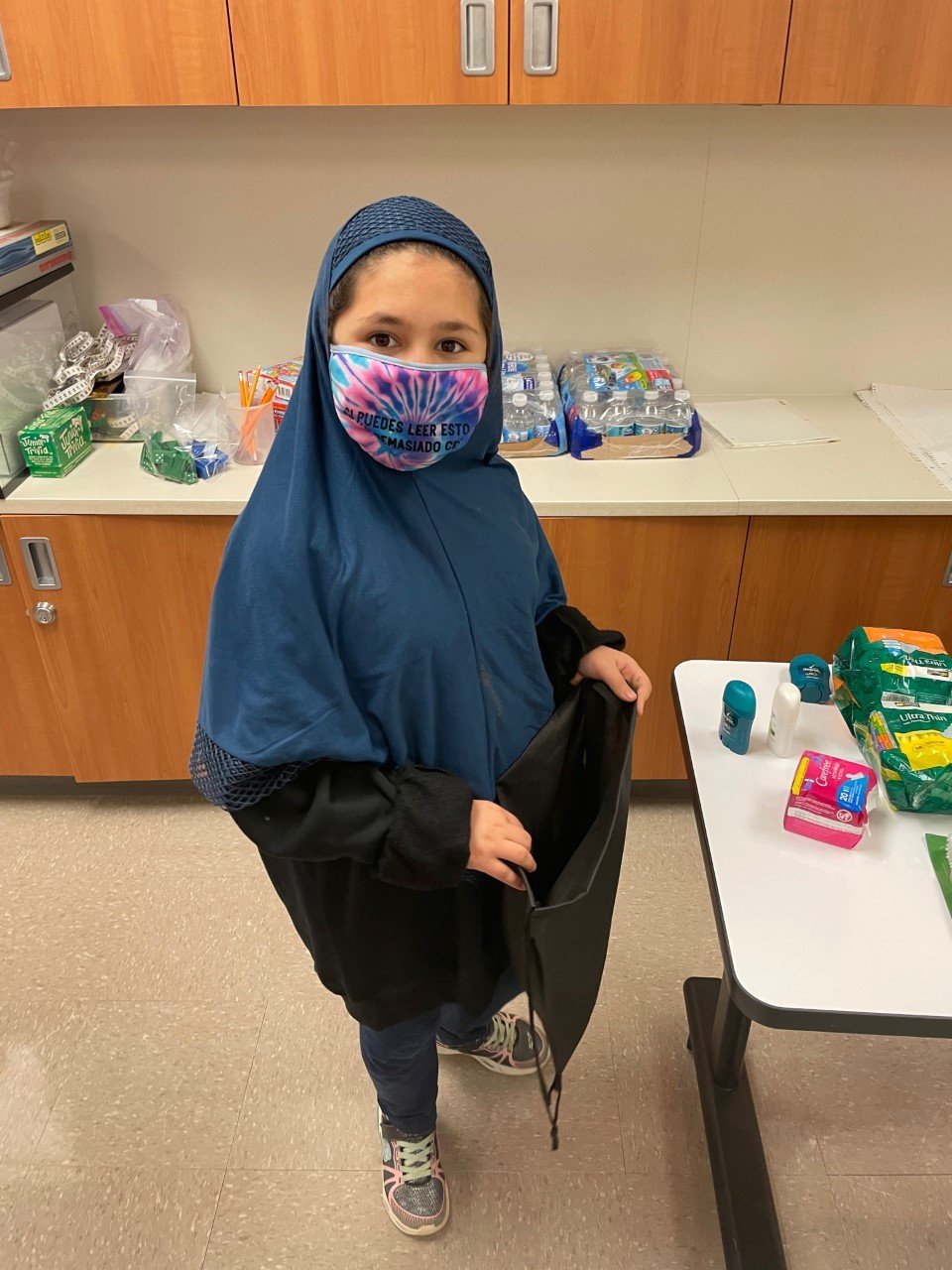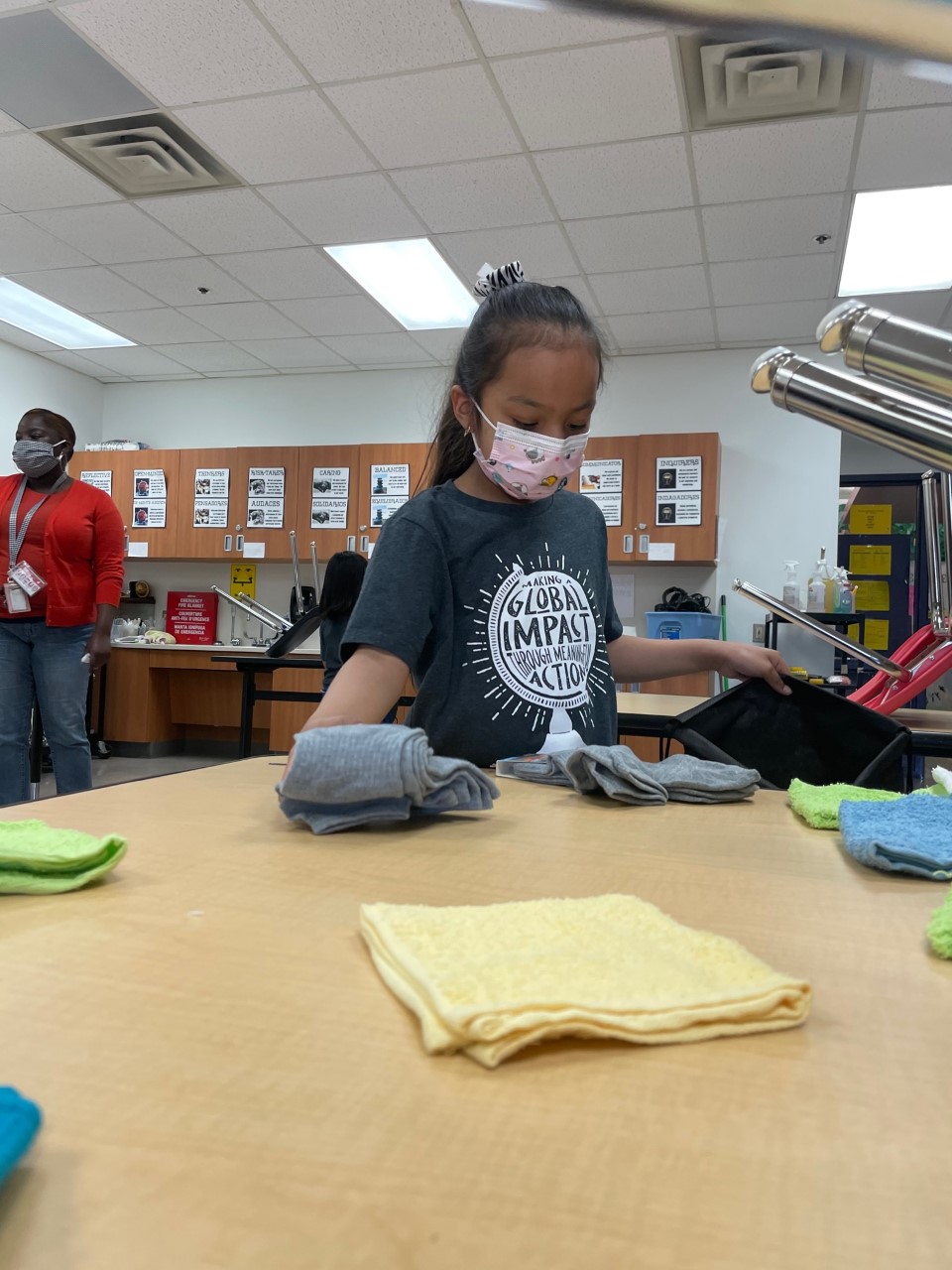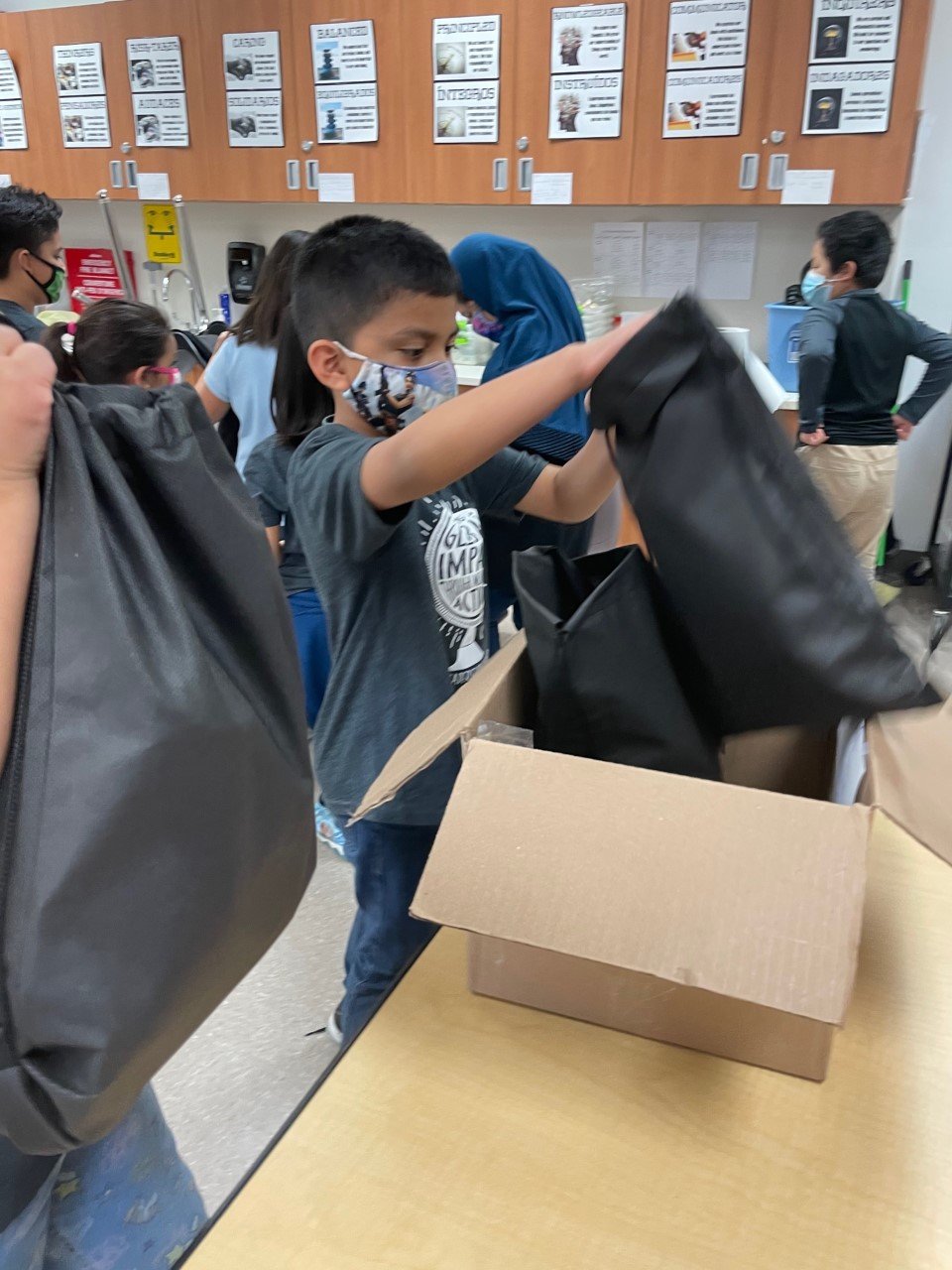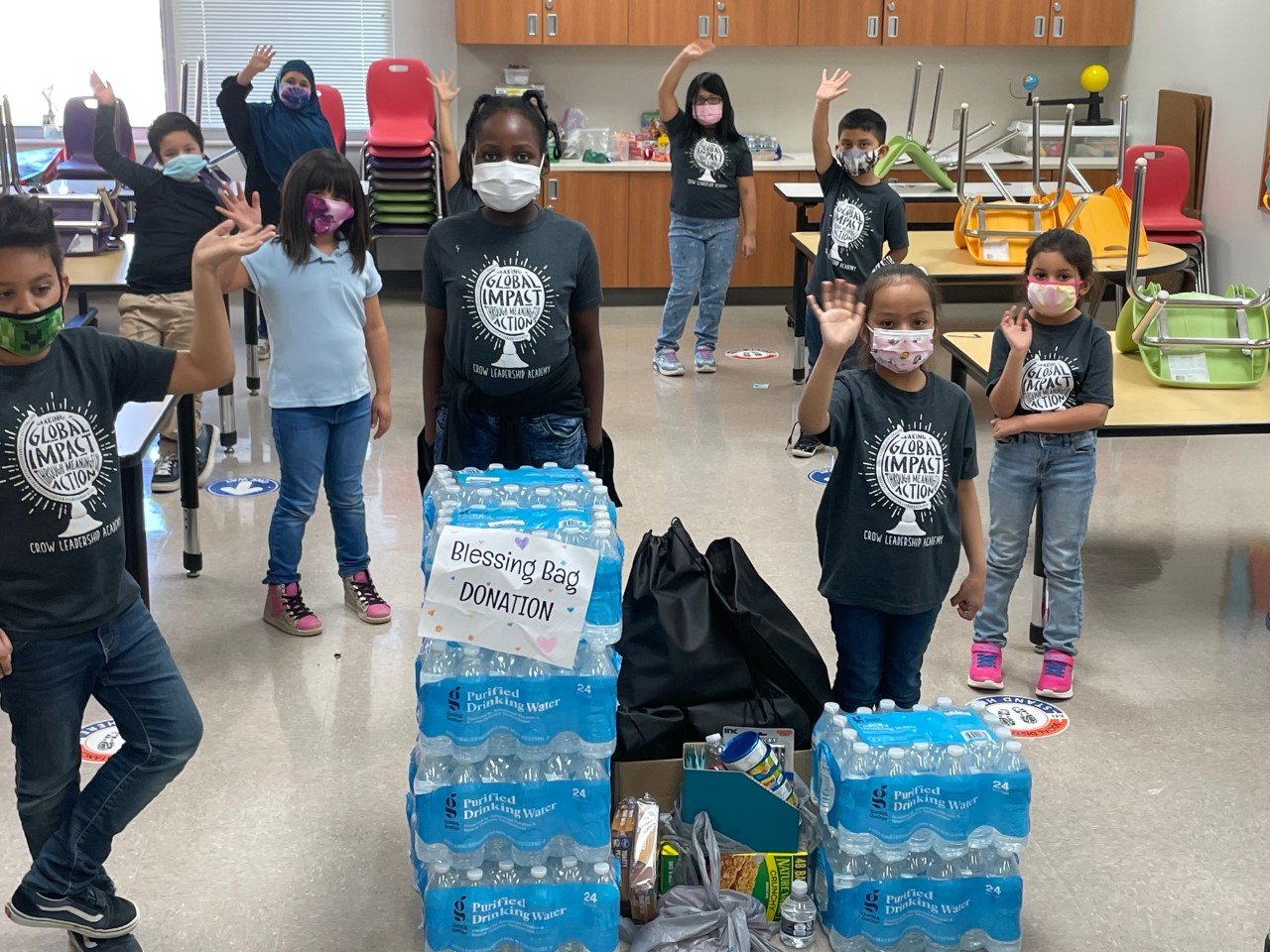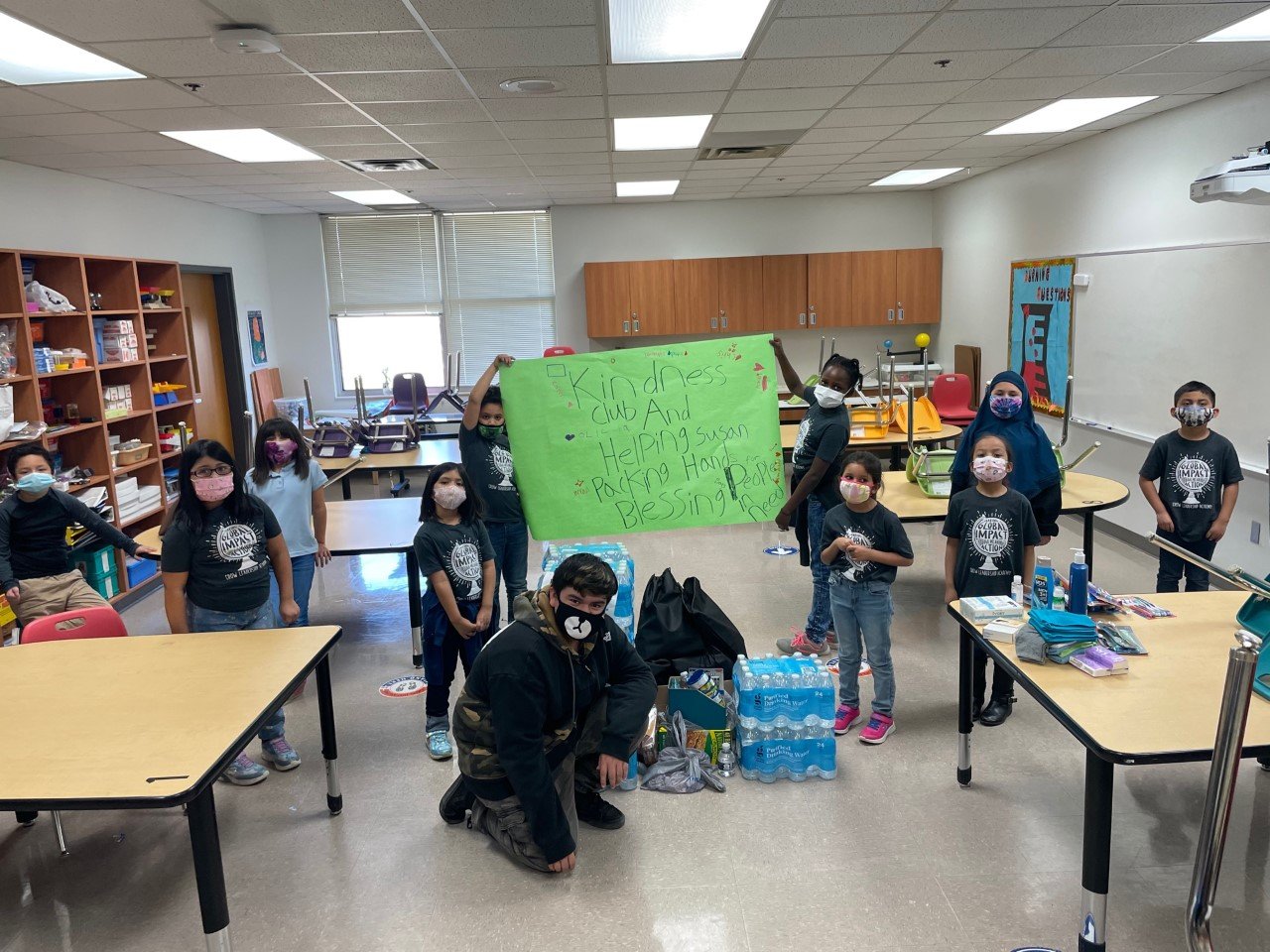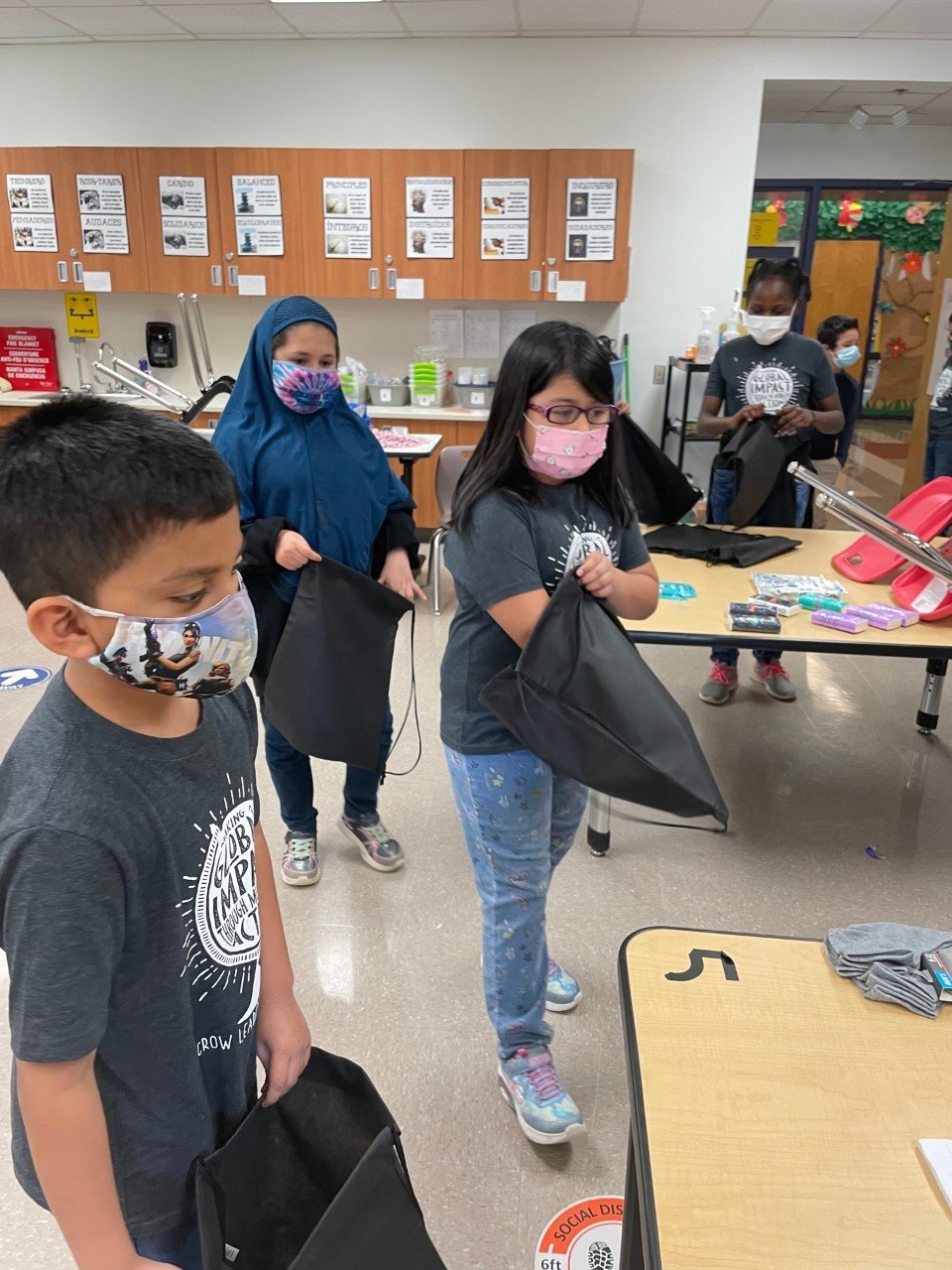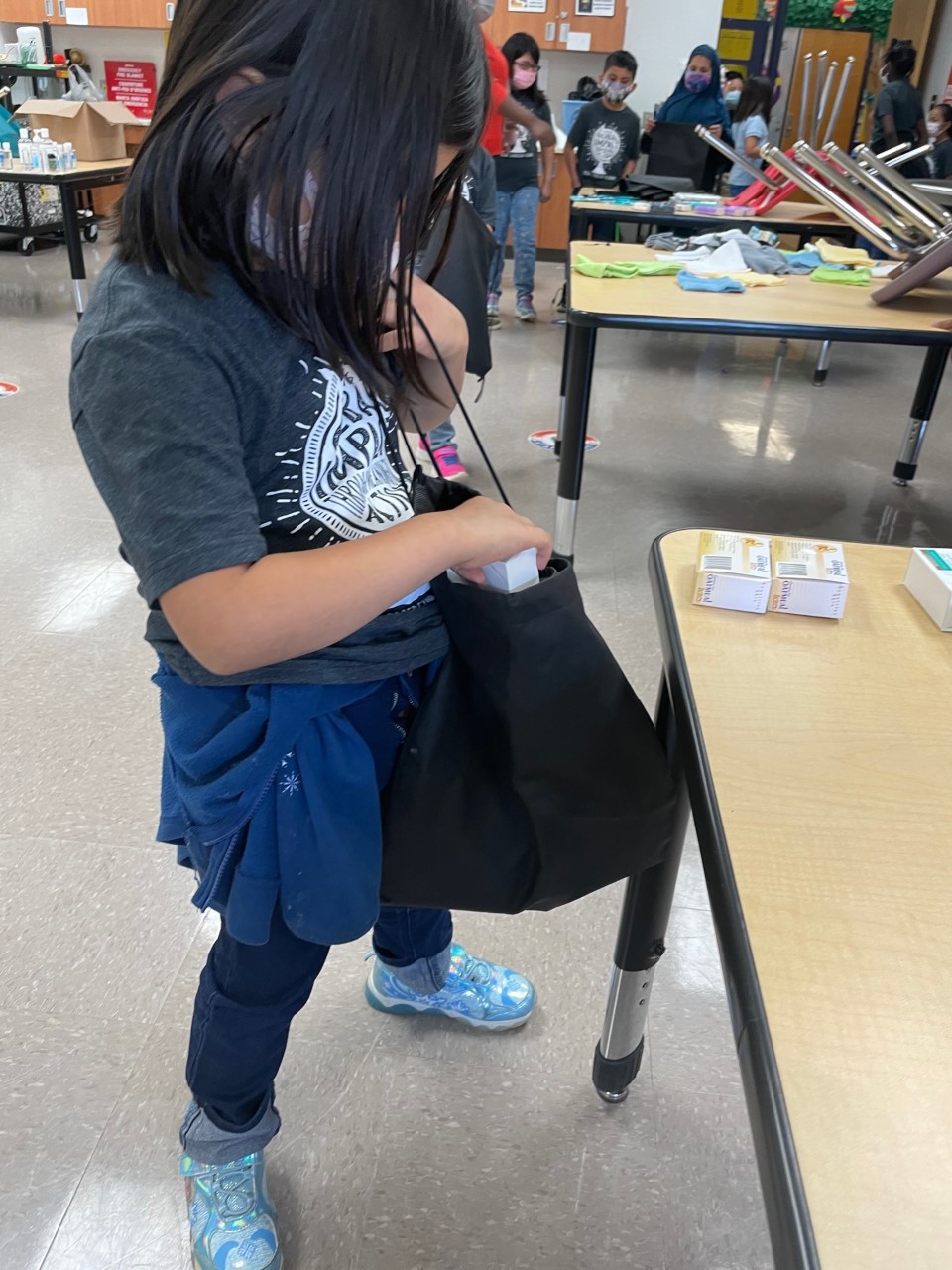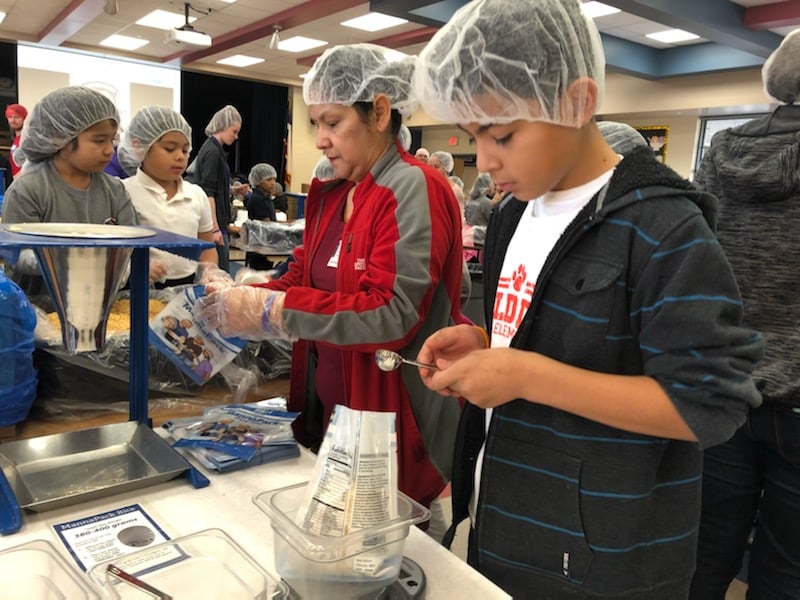Crow Leadership Academy Language Policy
Mission
Our mission is to develop curious learners through inquiry who reflect and think critically about the world around them. We provide a challenging environment where students actively participate in real-world experiences and grow from multiple perspectives. Crow students are empowered to use their strengths and passions to make influential contributions in their local and global community.
Philosophy
At Crow Leadership Academy we believe that language is the foundation for connecting with others in our local and global community. Our responsibility lies in developing the language skills of our students so that they have the tools and confidence to express their thoughts, feelings, and ideas within these communities in productive ways. All students, faculty and staff are learners and teachers of language.
We believe that each student brings unique language contributions to the classroom based on their personal experiences. Through authentic learning experiences, we nurture the varied language backgrounds of all students. The multitude of language profiles is diverse and we are committed to supporting the individual identities of each student as well as the collective culture they create.
We believe multilingualism is an asset and we value the cognitive, social, and individual benefits when our students develop a second or even third language.
We believe that when we value language, we empower students that appreciate multiple perspectives, become more open-minded, and embody an international mindset. We want our students to discover the agency within themselves to engage globally as responsible and caring citizens.
Language Profile
The student body at Crow Leadership Academy is 86% Hispanic, 6% African American, and 6% White. 46% of our students are enrolled in Bilingual (Spanish) classrooms, while 53% are in an ESL classroom. Approximately 60% of our students are native Spanish speakers. Additional home languages include Vietnamese, Swahili, Farsi, and Ashanti Twi.
The language of instruction in the ESL classrooms at Crow Leadership Academy is English. In the Bilingual classrooms we follow the district framework, which breaks down the language of instruction in the following ways:
- Kindergarten-2nd grade*
- 135 min. Spanish Language Arts & Reading (SLAR) integrated with Social Studies; Target Language: Spanish
- 15 min. English Language Development; Target Language: English & Spanish
- 60 min. Science; Target Language: English & Spanish
- 90 min. Math; Target Language: English & Spanish
- 3rd grade*
- 120 min. Spanish Language Arts & Reading (SLAR); Target Languages: Spanish and English
- 30 min. Social Studies; Target Language: Spanish
- 60 min. Science; Target Language: English
- 90 min. Math; Target Language: English
- 4th-5th grade*
- 100 min Language Arts & Reading; Target Language: Word Study-Spanish & English, Reading Workshop-English, Writing Workshop-Spanish & English
- 20 min. Spanish Language Development; Target Language: Spanish
- 30 min. Social Studies; Target Language: Spanish & English
- 60 min. Science; Target Language: English
- 90 min. Math; Target Language: English
- 6th Grade*
- 100 min Language Arts & Reading; Target Language: English
- 20 min. Spanish Language Development; Target Language: Spanish
- 30 min. Social Studies; Target Language: English
- 60 min. Science; Target Language: English
- 90 min. Math; Target Language: English
*Please see hyperlinks for more information about Spanish support within our Bilingual Framework
Based on a recent faculty survey, 61% of the staff consider themselves fluent in two languages, while 16% are fluent in three. These languages include Spanish, German, French, Portuguese, Korean, Tamizh and American Sign Language.
Identification of Language Needs
All families complete a Home Language Survey at the time of registration to identify students who would benefit from a bilingual or ESL classroom placement. If a language other than English is indicated on the survey, students are assessed on their English proficiency and placement in a bilingual (for students from a Spanish-speaking home) or ESL classroom may be recommended. Parents have the option to accept or decline the recommendation of placement in the Bilingual classroom.
Teachers play a critical role in determining the language needs of their students. Ongoing informal assessments and regular formal assessments are used to identify and monitor the language needs of each student. Informal assessments include observation in academic and social settings, direct communication (oral and written), written work samples and anecdotal notes. Formal assessments include running records, I-Station, HMH benchmarks, and writing assessments. We utilize the Response to Intervention (RtI) system when a teacher determines that a student requires academic support related to language and literacy. Academic interventions are provided at increasing levels of intensity in accordance with each student’s individual needs. A collaborative team monitors student progress and frequently reviews student data to evaluate each student’s response to the interventions provided.
Once a year, we administer the Texas English Language Proficiency Assessment System (TELPAS) to monitor student progress on the English Language Proficiency Standards (ELPS) in the four language domains: listening, speaking, reading, writing. This assessment is only administered to students who have been designated as ELs. In Kinder and 1st grade, students are holistically rated in these domains based on ongoing classroom observations and student interactions. In 2nd-6th grades, students are rated through online speaking, listening, and reading tests and holistically rated on a collection of writing samples.
In accordance with the Texas Education Agency (TEA), we have a campus Language Assessment Proficiency Committee (LPAC) to make collaborative assessment decisions for all ELs on an individual basis. The decision-making responsibilities of the LPAC includes allowing for designated supports on state assessments, State of Texas Assessments of Academic Readiness (STAAR) and TELPAS. TEA eligibility criterion for designated supports states that a student may use the support if he/she routinely uses the materials during classroom instruction and classroom tests.
Mother Tongue Support
At Crow Leadership Academy, we value the diverse language backgrounds of our students. We believe that a student’s home language (mother tongue) represents their culture and is an integral part of their identity. By celebrating the unique language background of each student, we affirm individual identity and work to build an inclusive school community. Teachers work to include the home languages and culture of their students within the curriculum.
Our Family Engagement Liaison works to build a strong partnership with our parents and the greater community. She provides several opportunities each year for our families to share and celebrate their rich backgrounds through family nights such as a Global Heritage Night and Reading Night celebrating folklore from cultures around the world. Additionally, she provides parenting workshops for our families with tips and strategies to support their student in their mother tongue when they read, write, and speak at home.
Our school library collection houses books in multiple languages. 13% of our entire library collection are Spanish titles. All students have access and the opportunity to borrow from this collection to support mother-tongue development. In addition, our school library and classroom libraries include a wide variety of fiction and nonfiction books that reflect cultures around the world. These texts provide the mirrors, windows, and doors for children to see themselves in books and also learn about the lives of others (Bishop, 1990). School communication is provided in both English and Spanish to all families. We have access to district communication in Vietnamese and Arabic if needed. District translators are used during parent-teacher conferences (both formal and informal) to ensure clear communication.
Classroom Practices
In the classroom setting, language and learning work together, forming a reciprocal relationship. We work to create language-rich classrooms through our practices. Not only do we learn about language but we also recognize that language is a vehicle through which learning takes place.
Widely held practices that support learning about language:
- Labels on classroom objects in English and Spanish
- Reading and writing workshop
- Word study routines
- Analyzing the craft of writing
- Classroom libraries that include books in different languages
- Word walls
- Providing sentence stems
- Use of cognates
- Read Alouds
- Shared Reading
- Independent Reading
- Singing
- Dramatizing
- Bilingual literacy library
Widely held practices that support learning through language:
- Classroom discourse and discussion
- Collaborative work
- Activities that include listening, speaking, reading and writing
- Literacy in all subject areas
- Encouraging students to share learning in language that best communicates their thinking
- Use visuals and graphic organizers
- Think Alouds
- Independent Reading
- SEL lessons
- Learner Profile attributes in Eng and Span
- Play-based experiences
- Stations and centers
Language in the Single-Subject Classroom
Our single-subject teachers (art, music, P.E.) value language development and multilingualism within their disciplines and incorporate best practices in their instruction. Through concept-based inquiry instruction, students are given varied experiences that allow them to acquire and produce language related to the subject. Students’ cultural backgrounds are incorporated and celebrated as teachers find authentic connections within the curriculum.
Additional Language
Learners at Crow Leadership Academy receive weekly Spanish instruction in grades 1-4. In grades 5 and 6 students may select Spanish as an elective course and earn a foreign language high school credit.
- Grades 1-4: 30 minutes per week
- Grades 5-6: 90 minutes per week (Students get high school credit for successful completion of this course.)
- Spanish instruction is based on the Five Standards of Foreign Language Learning from ACTFL (American Council on the Teaching of Foreign Languages): Cultures, Communication, Connections, Communities, and Comparisons.
- The teacher and learners use Spanish 90% of the time for speaking, listening, writing, and reading through the implementation of meaningful activities that involve comprehension input, context, and interactions.
- Students learn Spanish grammar as a concept. It is used in context, and the learners focus on meaning before form.
- The teacher uses age-level appropriate and culturally authentic resources in order to support the teaching of the essential knowledge and skills for Spanish. The variety of culturally authentic resources enables students to make relevant connections with other content areas, to compare the language and culture studied with their own, and to participate in local and global communities.
- The teacher plans and prepares classes that will also support grade levels units of inquiry.
- The school organizes events that require parent involvement and families’ participation to provide the learners with opportunities to explore the cultures of the world.
Support for Language Development
All homeroom teachers at Crow Leadership Academy are certified in best practices and strategies for supporting ELs, through either an ESL or BIL certification. Additionally, we provide support services to assist students in their language development. All of our support staff plan and prepare learning activities that consider and include our students’ cultural and language backgrounds.
Special Education
Reading and Writing Resource services are provided to students who meet the eligibility guidelines within the students’ least restrictive environment. All SpEd teachers at Crow are ESL certified and work to ensure that language development occurs across all domains. Depending on the needs of the student, a variety of communication adaptations are provided.
Speech and Language Therapy Services is a service and support option on a continuum designed to meet the diverse needs of students with speech-language impairments. The focus is instruction and training in the communication skills essential for educational and vocational progress.
Dyslexia services are provided to students who are identified with specific reading, writing, and language impairments that are neurological in origin affecting their success with written communication, language development and literacy.
Gifted and Talented
Students who “perform or show potential for performing at remarkably high levels of accomplishment” are afforded opportunities to build on their strengths, to become critical thinkers, to challenge themselves to grow academically and to emerge as tomorrow's leaders.
Student Support Interventionist (SSI)
Our Student Support Interventionist works closely with classroom teachers to support students identified as needing academic interventions in areas including language and literacy.
Counselor
Our school counselor provides a comprehensive guidance counseling program that includes supporting students’ social and emotional wellness and academic achievement. She provides regular class lessons related to social-emotional awareness, self-management, communication, and relationships. In collaboration with a teacher and parents, she may determine that an individual student would benefit from her support related to language and communication. Regular meetings may be established with that student to provide the necessary support.
Language and the Programme of Inquiry
The organization of our curriculum within the transdisciplinary Programme of Inquiry allows us to provide an extensive amount of opportunities for critical thinking and problem-solving. Classroom teachers collaborate with support staff such as fine arts teachers, our librarian, and our Spanish teacher throughout the year to create student-centered, inquiry-based learning experiences. Teachers provide many opportunities for students to acquire and authentically use new vocabulary, higher-order thinking skills, communication skills, and to collaborate with their peers and a wider audience. Our goal is for all learning at Crow to be meaningful, engaging, and challenging.
Resources
Sims Bishop, Rudine. (1990, March 5). Windows and mirrors: children’s books and parallel cultures [Keynote Address]. University of California San Bernadino Reading Conference, San Bernadino, CA, United States.
From Principles into Practice: Language. (2018, October). Retrieved March 08, 2021, from https://resources.ibo.org/pyp/works/pyp_11162-51465?root=1.6.2.14.5.3
Telpas FAQs
2020-2021 Accessibility Features and Designated Supports (TEA)
This policy will be reviewed and revised as determined necessary annually.

